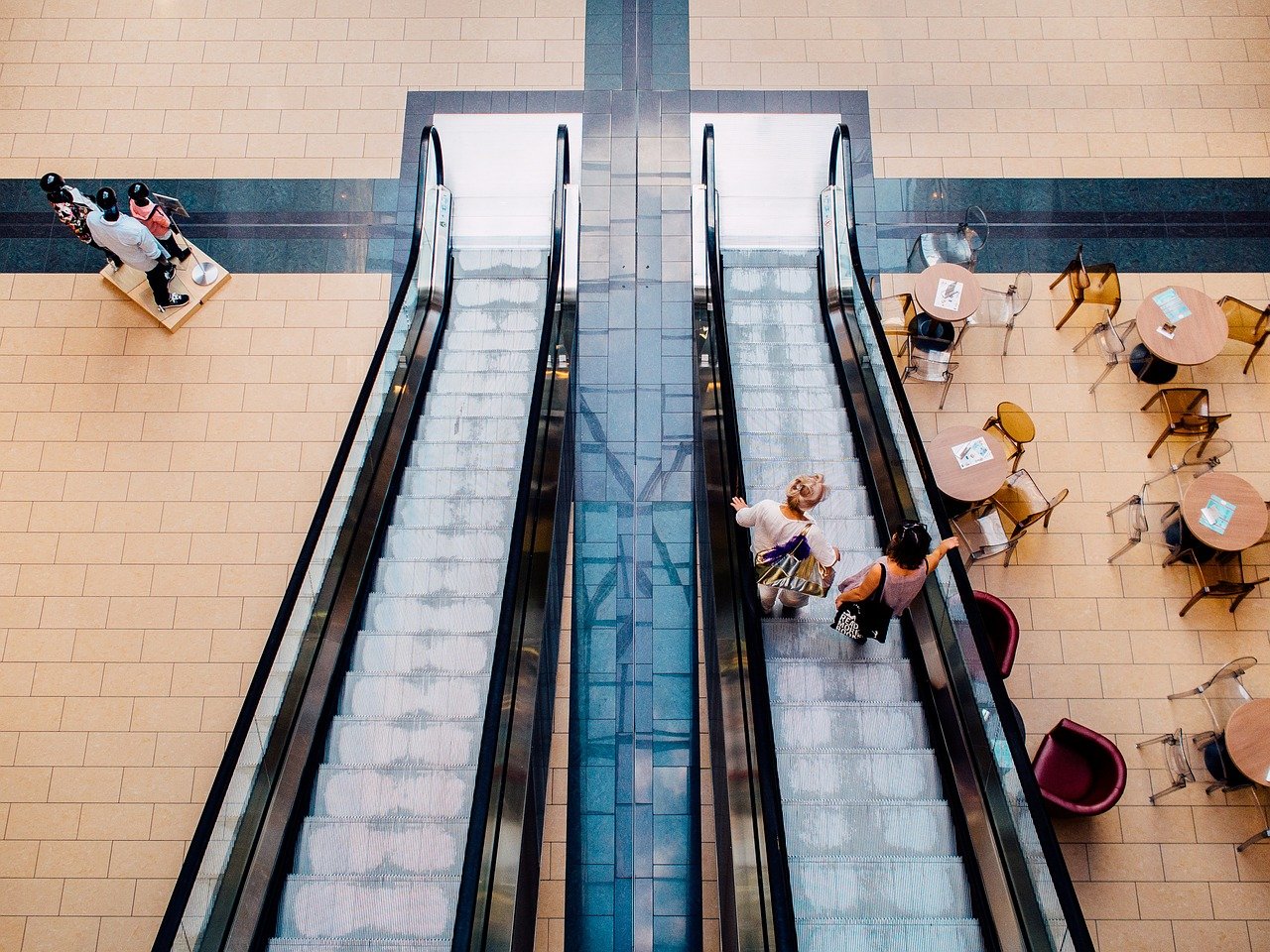1. A bricks and mortar presence will still be important
Much has been made of the increase in online sales during the pandemic – a life saver for many businesses, some of whom were forced to launch an e-commerce presence to stay afloat. UK consumers are some of the most enthusiastic adopters of buying online – way ahead of the rest of Europe.
This boost to online purchasing will inevitably level down post-pandemic, and a bricks and mortar presence will remain important so that retailers have an “omnichannel” offering. A physical presence not only provides a physical shopping experience but also provides a ‘click and collect’ and brand presence which a purely digital retailer misses out on.
2. Oversupply in the sector will mean winners and losers
In the retail real estate sector, it is clear there is an over-supply. The US has a whopping 24 square feet of retail per person and whilst the UK is possibly closer to a quarter of that figure there is, and there will be, more empty space.
Our prediction is that out-of-town retail will win over so called ‘malls’. This is on the basis that retail parks have easy access and curb side pick-up for ‘click and collect’. They are also perceived as ‘safe’ given they are outdoors and offer wide aisle shopping. In fact, some of the more successful fashion retailers may decide to move out of less attractive shopping centres with empty units to more attractive out-of-town spaces.
Once this pandemic is over, building on the customer experience at retail parks with enhanced leisure and dining offerings will also be important to success.
3. The Landlord/Tenant relationship will be key
We have seen landlords have a much closer relationship with their tenants over the last few months, and it is that closer understanding of the tenant’s needs and the consumer experience which is key for the landlord.
Simon Property Group (SPG) is America’s largest shopping mall landlord but with struggling and bankrupt chains among its biggest tenants it has decided to take an unconventional route by buying some of those failing retailers. In August, SPG acquired Brooks Brothers menswear, which had slipped into bankruptcy. Only a few days prior, SPG joined up with Black Rock-controlled Authentic Brands to buy jeans retailer Lucky Brand.
4. Turnover rents will rise in popularity
Landlords were always historically of the view that the market would set the best rent – purely on a demand and supply basis, and what the tenants could pay for the space based on their profitability.
We are now seeing the beginning of an acceptance that turnover rents, particularly for fashion retailers, have their place. This brings its own challenges. How is turnover measured and, in particular, how do you treat online sales collected from stores or generated by brand presence? The latter is probably unquantifiable and discounted, but the former must be of significance. One thing is clear, the nature of leases is going through change.
5. Something must be done about CVAs – they aren’t working
Rather, in many cases, CVAs are just a stop gap to failure. So those landlords who have the opportunity and can line up alternative tenants are working hard before the inevitable happens.
Many of those entering CVAs so far – including many in the current lead up to Christmas – are those for whom the writing has been on the wall for quite some time. Those coming after Christmas will be an important indicator.
6. There will be distressed asset opportunities in the second half of 2021
Every crisis brings with it opportunity, and this will be no different. However, we will need to wait six months before those opportunities start to flow.
7. Banks will pull out of the non-food retail sector
Banks will continue to finance food retail but because of their recent experience and exposure to non-food retail many will pull out of this part of the sector in the immediate future.
8. Technology and data will be key to success.
There will no doubt be huge interest when Amazon Go opens its first store in the UK. Perhaps where that novelty lies, however, is in the fantastic technology which removes the need for check outs, rather than in the retail offer itself. If other retailers – such as Morrisons – can start to pilot and eventually adopt this technology, then maybe the novelty will wear off and consumers will concentrate on those food stores with the best offers and stock.
How can we help?
If you operate in the retail real estate sector and have concerns or queries about your finance operations as we move into 2021, please contact Heather Cunningham here or by phone on 0161 905 1616.
